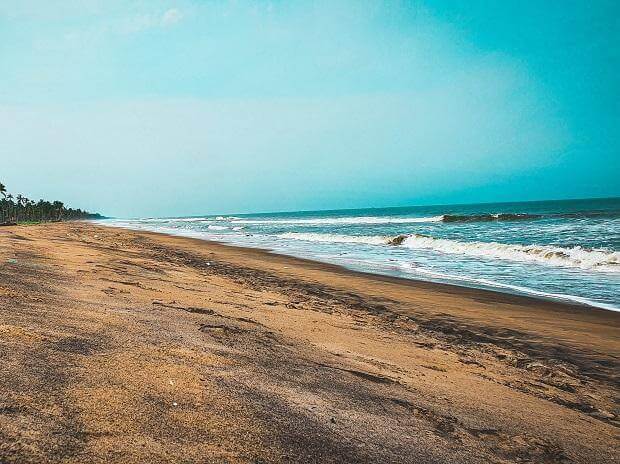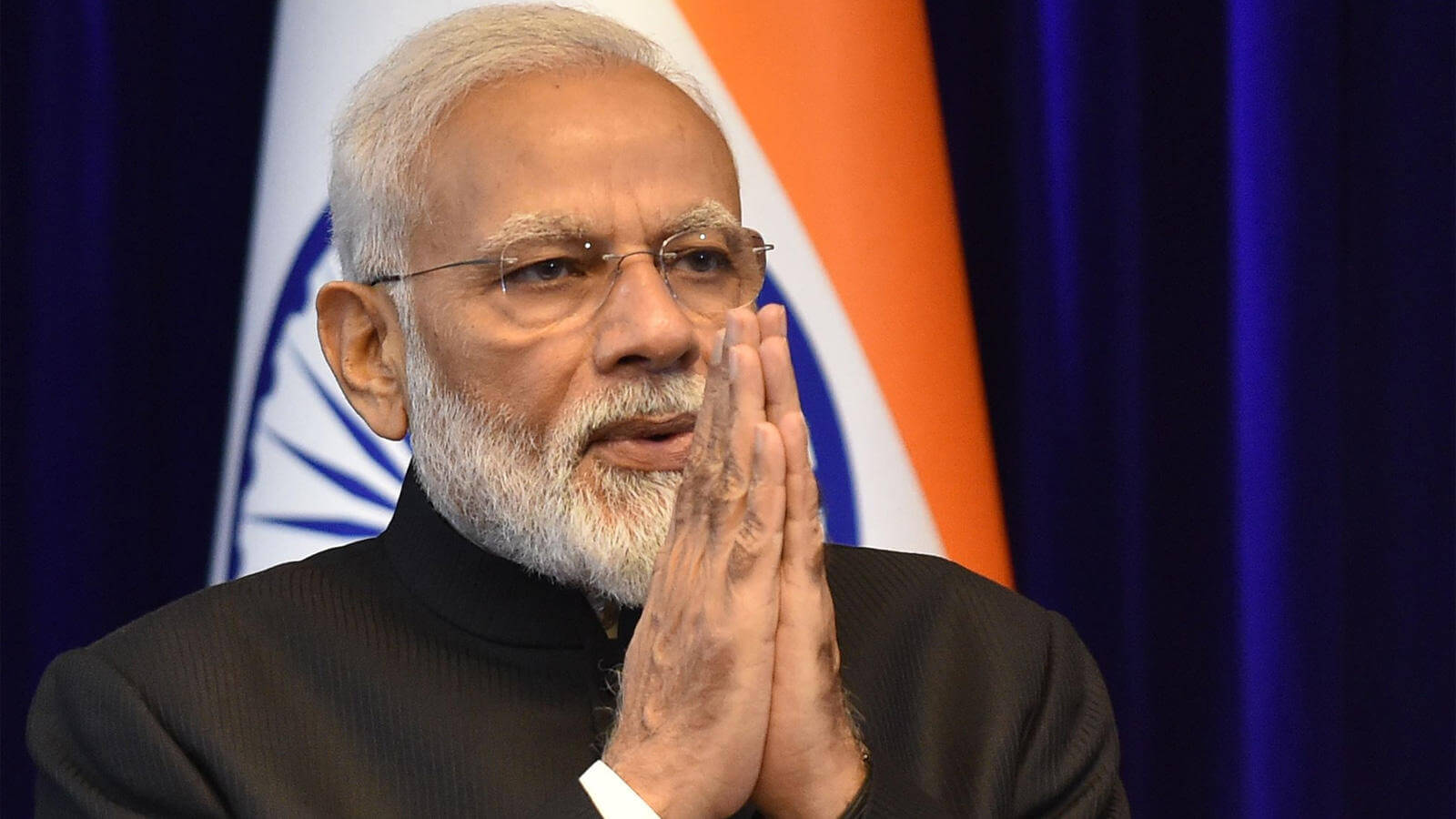Satellite data from 1990 to 2018 has revealed that 41 per cent of the coastline of Kerala is subject to varying degrees of erosion, the Parliament was informed on Tuesday.
“Some stretches of India’s shoreline are subject to varying degrees of erosion due to natural causes or anthropogenic activities. The National Shoreline Change Assessment Mapping for Indian coast carried out by the National Centre for Coastal Research (NCCR) using 28 years of satellite data from 1990 to 2018 revealed that 41 per cent of coastline of Kerala is subject to varying degree of erosion,” Minister of Fisheries, Animal Husbandry and Dairying, Parshottam Rupala told the Lok Sabha said in reply to a question by Congress leader Shashi Tharoor.
Stating that the coastal erosion does impact coastal communities residing in the erosion prone areas including fishermen, Rupala said that the Department of Fisheries, under the Centrally Sponsored Scheme – Blue Revolution Integrated Development and Management of Fisheries, implemented during the period from 2015-16 to 2019-20 – provided financial assistance of Rs 93.84 crore for fishermen welfare-related activities including construction of fishermen houses.
Besides, under the Pradhan Mantri Matsya Sampada Yojana (PMMSY) being implemented with effect from 2020-21, a sum of Rs 50.89 crore has also been provided to the Kerala government for implementation of welfare related activities, including livelihood and nutritional support to socio-economically backward active traditional fishers’ family, he said.

Fisheries sector plays an important role in the socio-economic development of about 28 million fisher-folk, providing food and livelihood security, the government said adding, the contribution of the fisheries sector in the National Gross Value Added (GVA) during 2019-20 stood at Rs 1,26,370 crore (at constant basic prices; 2011-12) constituting 0.95 per cent to the national GVA and 6.42 per cent of the agricultural GVA.
Tharoor’s question, however, was about GDP and not GVA. He had asked: “Whether the country’s fisheries sector enormously contributes to food security by employing more than 14.5 million people and contributing to 1.07 per cent of the GDP and 5.37 per cent of the agricultural GDP.”














